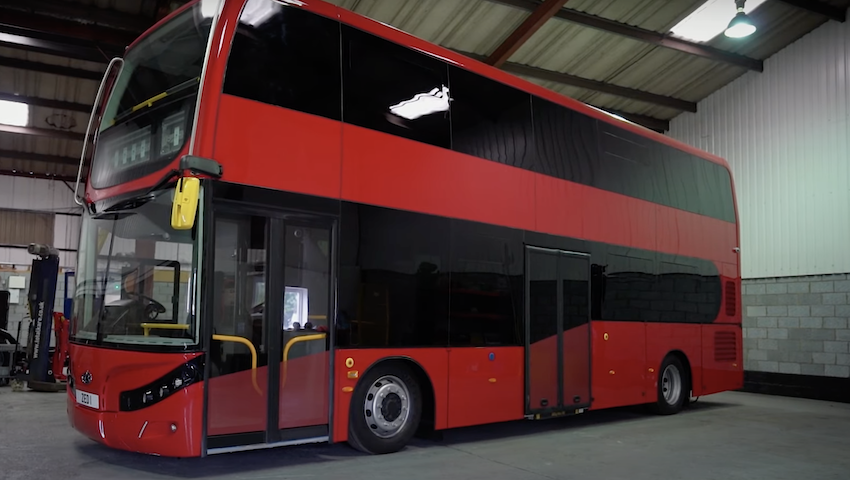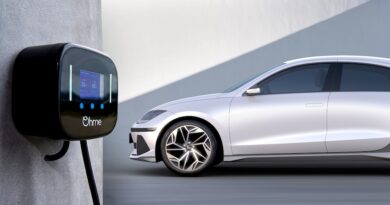Ian Foley: The man behind the electric double-decker bus
Ian Foley, managing director of Equipmake, discusses the process of developing a fully electric double-decker bus.
Earlier this year, Equipmake, along with Spanish-based coachmaker Beulas, developed a fully electric double-decker bus, the Jewel E, which boasted a real-world range of 300 miles.
The two manufacturers have since teamed up with Go Ahead London to start trials of the Jewel E in London from Q1 2022.
With the prospect of having the Jewel E on the streets of London from as early as next year, Ian Foley, managing director of Equipmake, joined Charlie Atkinson on the Everything EV Podcast to discuss this project and the inspiration behind it.
Foley said: “There were already some in the market, but we believed that with our technology we could make a step forward and we believed that the market was going to be expanding, which it is. Here we are a couple of years later and it’s bearing fruit now. It was really to try and get a step forward in the development of a double deck bus. Also doing a double deck is quite a bit more difficult; it’s quite heavy, it’s a big old thing and so getting enough performance in terms of range for the day etc is quite a challenge, and we were interested to see if we could beat that challenge.”
The Jewel E is powered by three modular battery pack options of up to 543kWh, which Equipmake claims is the largest capacity battery of any two-axle double decker electric bus in the world.
But as Foley said, the Jewel E is remarkably heavy, and managing the weight of the bus has been the most challenging aspect of the project.
He continued: “There’s always challenges but over the last couple of years we’ve developed this electric chassis so most of it is already there. The main thing with the buses is getting the weight in the right place, so the key thing is that when you add all the people in, it gets a lot heavier and how that weight is distributed is quite important because the rear axle has a weight limit by law of 11 and a half tonnes, so it becomes about how you get all that battery on the bus and get the weight distribution you want.”
Despite the Jewel E’s 300 mile range being more than enough to cope with the daily demand of a double decker bus in London, an electric bus will always be drawn into the debate between battery power and hydrogen.
However, Foley believes that, when you look at the bigger picture, a battery-electric double-decker bus makes much more sense than a hydrogen powered one.
Foley said: “When you look at the fundamentals, ultimately the goal has to be for all the energy to be generated through renewables. With renewable electricity, you get about 80-85% of that is usable energy in a battery-electric vehicle, it’s about 30% if you make hydrogen with electricity. Hydrogen is extraordinarily expensive to produce and the fuel cells are very expensive, so it’s solving a problem that doesn’t exist.
“My view is battery-electric buses, and it will be the same with battery-electric trucks, are cost effective and they work. The infrastructure for electricity exists, we’ve got a National Grid, we need to add to it for charging stations, but the infrastructure for hydrogen doesn’t exist. It’s expensive to make and the fuel cells aren’t reliable enough yet, so to me it’s solving a problem that the doesn’t exist.
“If you think about things like ships, where it doesn’t matter if it’s bigger and heavier, then maybe hydrogen is a solution for that because you’re not going to get a battery powered ship that’s going to sail for five days or two weeks across the ocean, so I think there’s possibly a place for hydrogen, but I personally don’t think there’s any place for it on the roads.”






